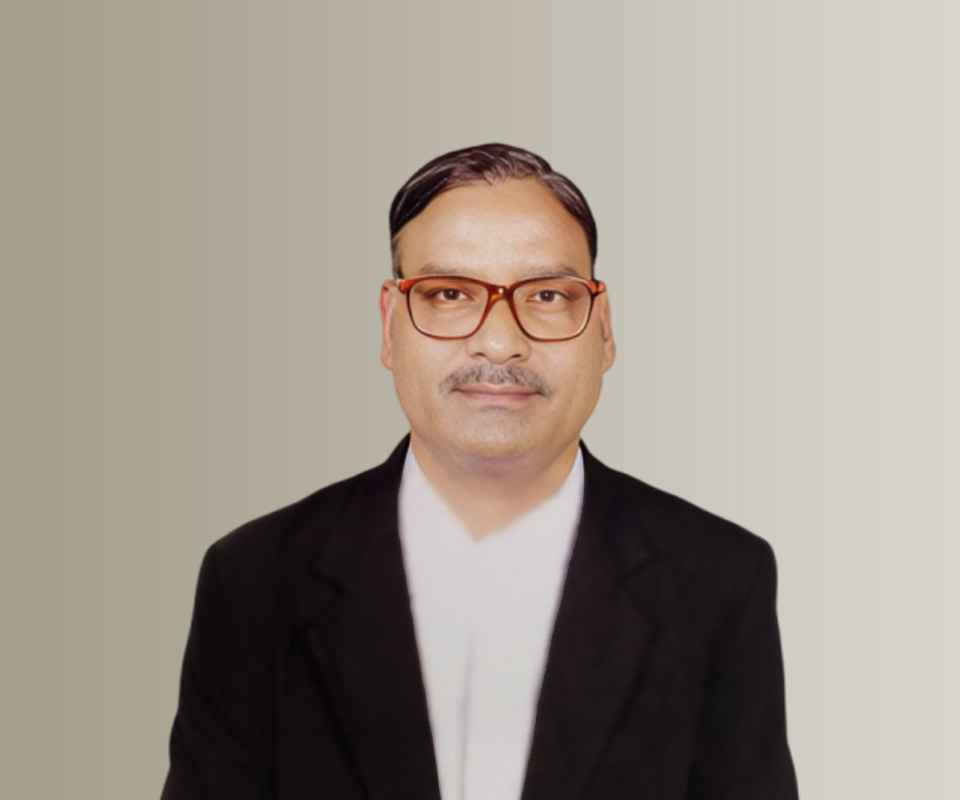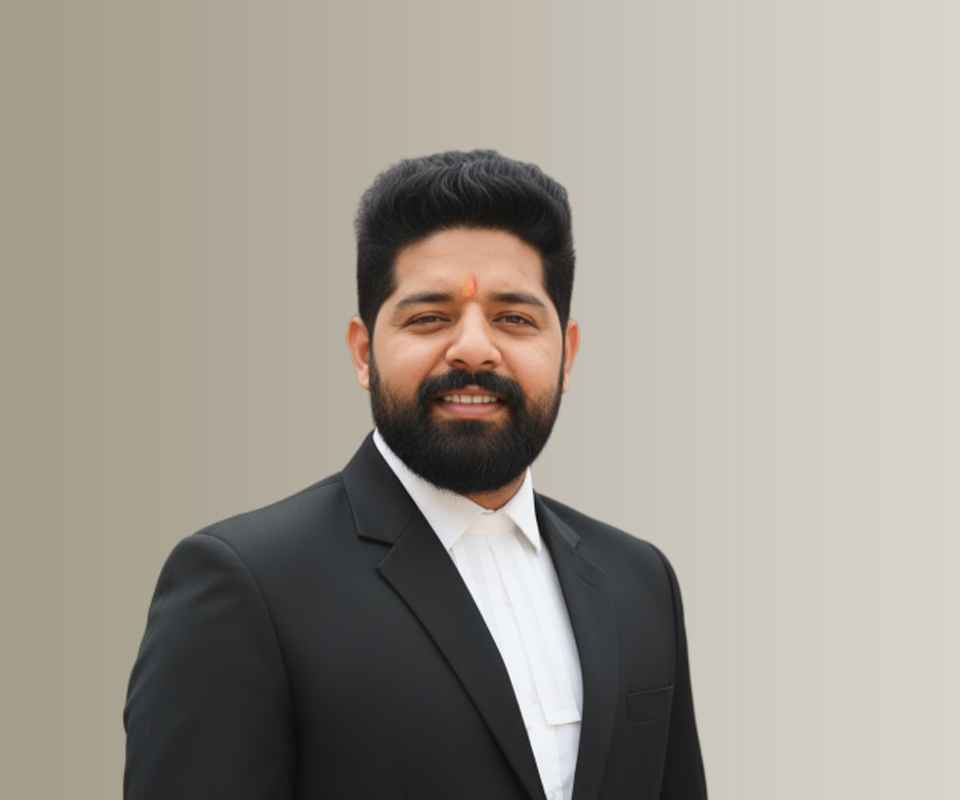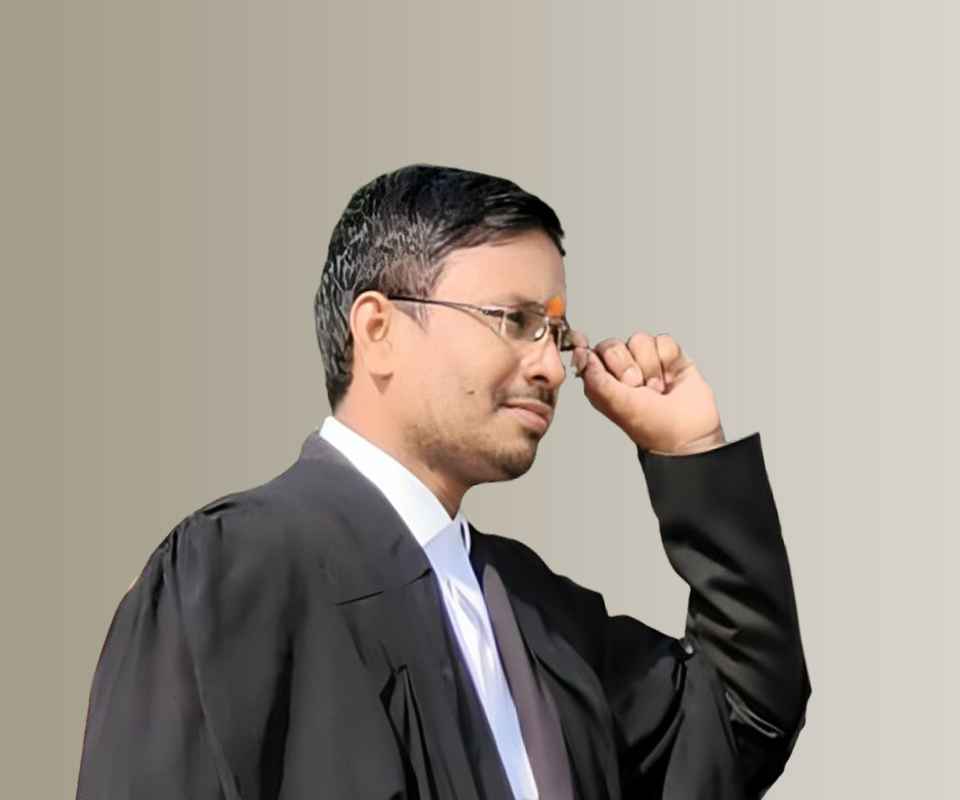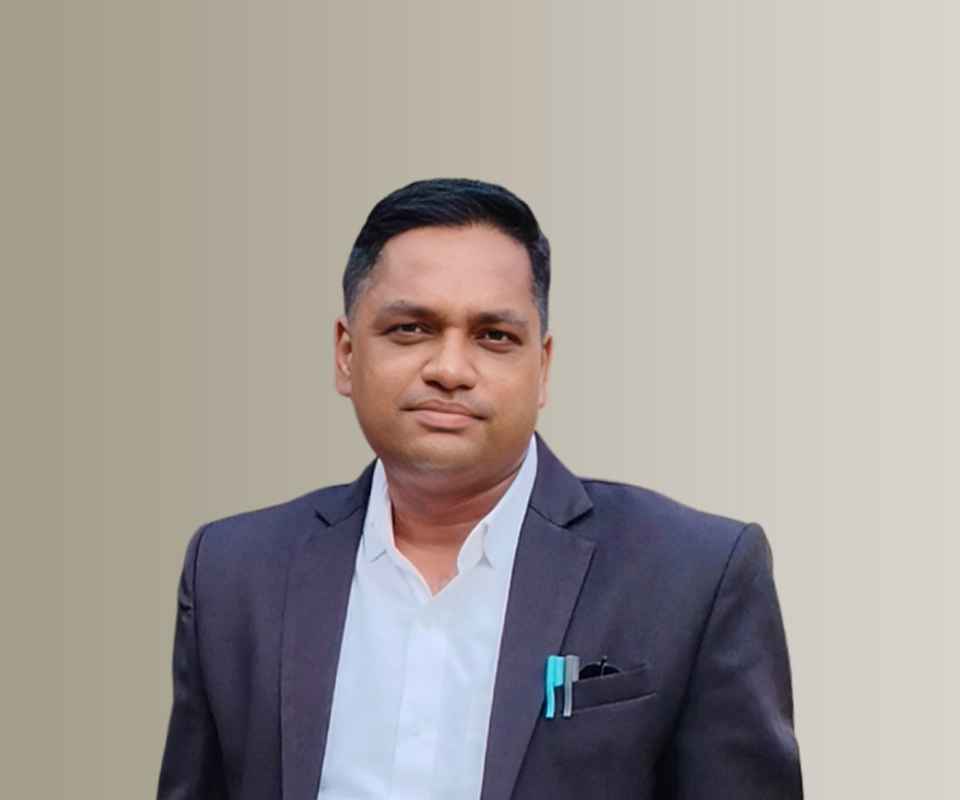Answer By law4u team
The dependents of martyrs (soldiers who die in active service) receive a comprehensive range of benefits and support under government and armed forces policies. These measures ensure financial stability, medical care, education, and employment opportunities to the families left behind, recognizing the immense sacrifice made by the soldiers.
Key Policies for Dependents of Martyrs:
1. Ex-Gratia Compensation:
The central government provides a lump-sum ex-gratia compensation to the family of the martyr. This compensation varies depending on the rank and circumstances of death, ranging from ₹25 lakh to ₹45 lakh.
State governments often offer additional compensation and benefits, including land allotments and financial assistance.
2. Family Pension:
Special Family Pension is granted to the widow and children of the martyr. The pension amount is typically 60% of the last pay drawn by the deceased soldier and is paid to the spouse or eligible children.
The family pension continues until the spouse remarries or children reach the age of 25.
3. Employment for Dependents:
The dependent family members of martyrs are given priority in compassionate employment under government schemes.
The widow, parents, and children (subject to eligibility) are eligible for compassionate appointment in government jobs.
4. Educational Benefits:
Children of martyrs are given scholarships under programs like the Prime Minister's Scholarship Scheme (PMSS) for pursuing higher education.
Admission to Sainik Schools, Kendriya Vidyalayas, and Rashtriya Military Schools is facilitated for the children.
Various state governments also offer free education or significant discounts for martyrs’ children in schools and colleges.
5. Medical Benefits:
The dependents of martyrs are entitled to free medical treatment through Ex-Servicemen Contributory Health Scheme (ECHS) and military hospitals.
Free medicines, medical check-ups, and hospitalization are provided to ensure that the family’s healthcare needs are met.
6. Rehabilitation and Resettlement:
The rehabilitation policy aims to provide martyrs' families with emotional and financial support through counseling, training programs, and resettlement assistance.
The family receives guidance on resettling after the loss, including financial planning, job placement, and skill-building programs.
7. Other Support:
The families are often provided with security and support from local administration to ensure their safety and well-being.
State and central government initiatives also include fundraising drives and community support for the families of martyrs.
Example:
When Captain Arjun Kumar of the Indian Army was martyred during an operation in Jammu and Kashmir, his family received ₹45 lakh as ex-gratia compensation from the government. His widow, Priya, was given a special family pension, along with employment as a teacher in a government school under compassionate appointment. Their two children were granted full scholarships under the PMSS scheme for their higher education. Additionally, they received medical coverage under ECHS, and Priya was also provided counseling and support to help her adapt to the new life.







